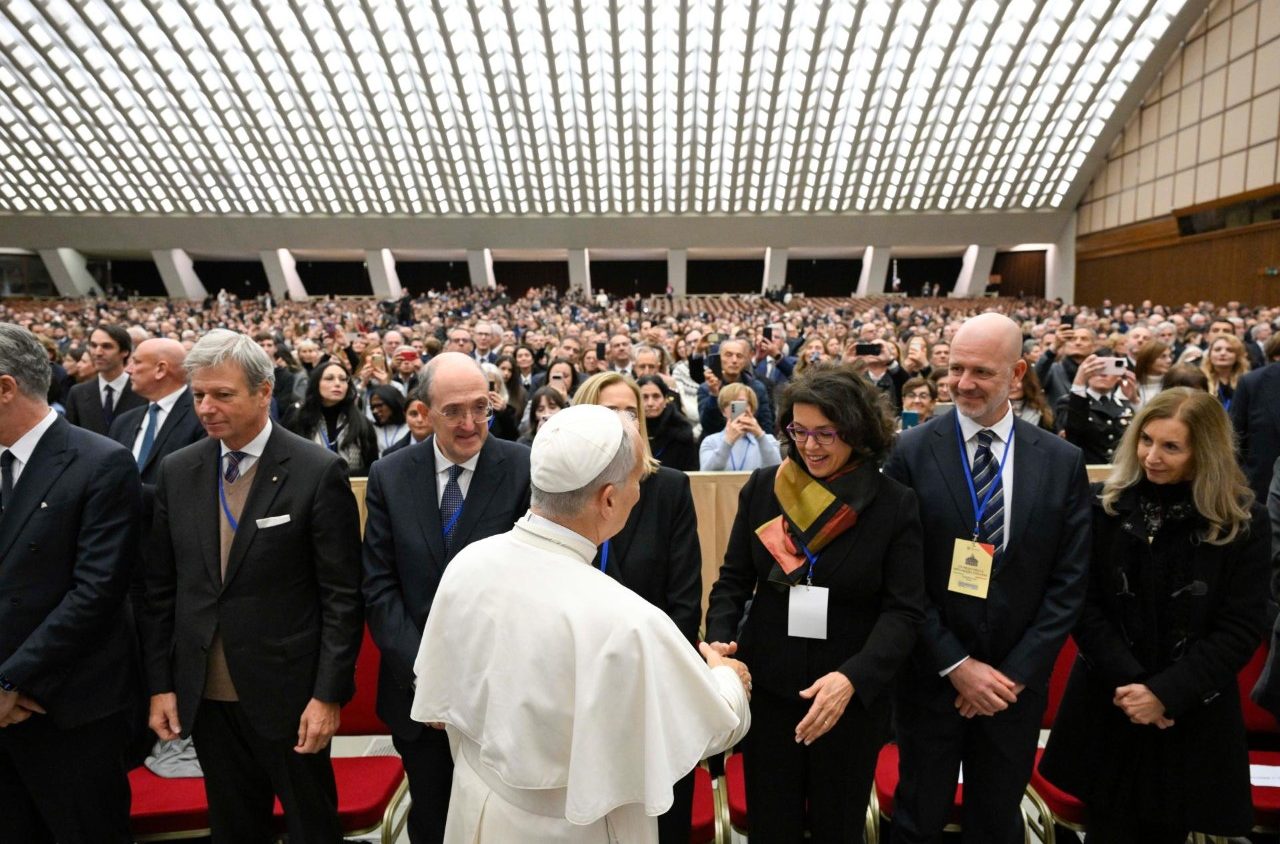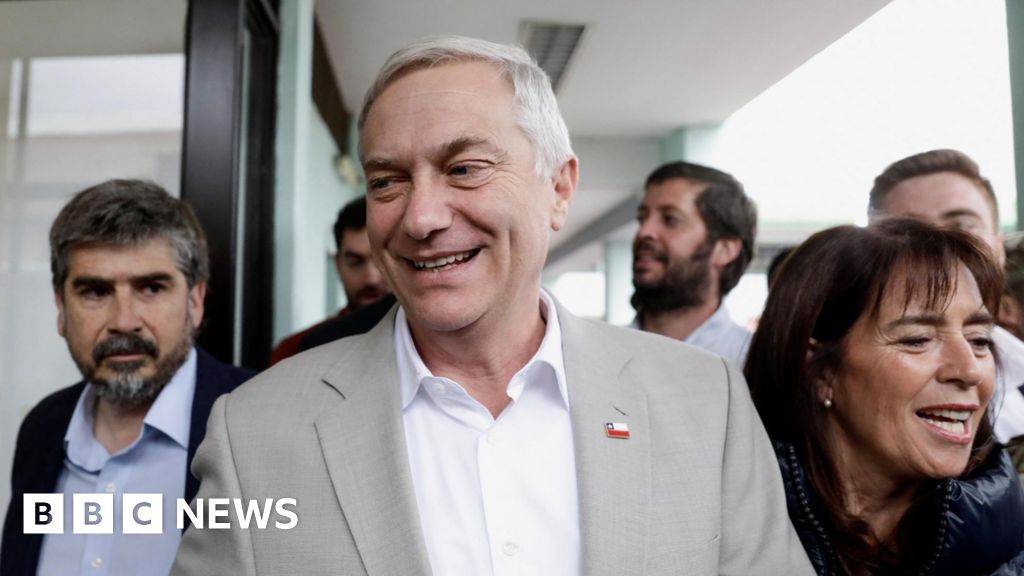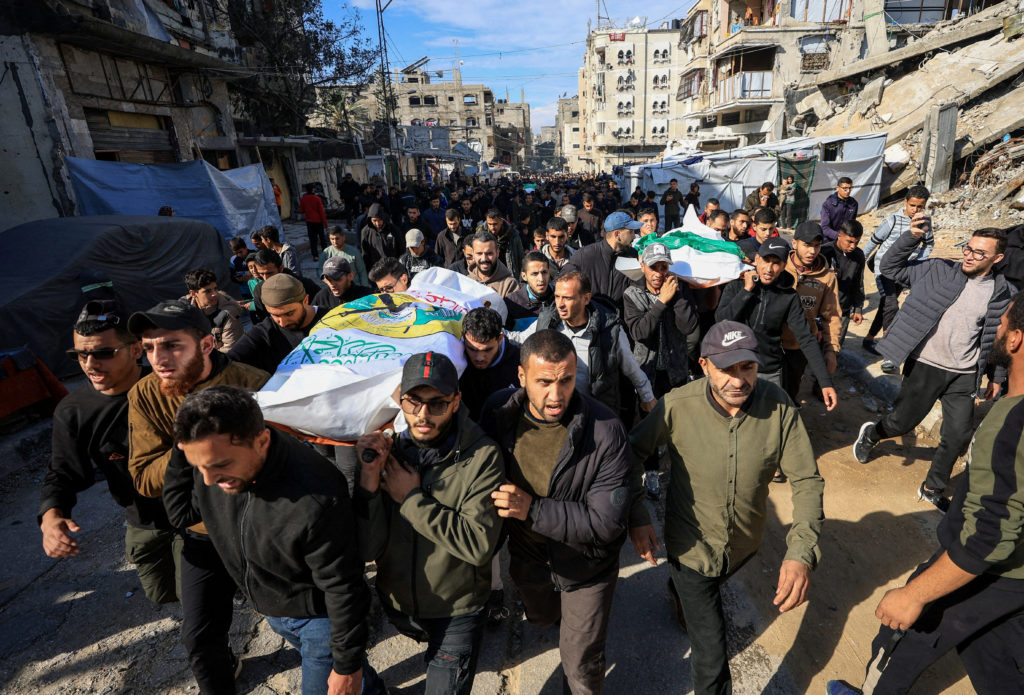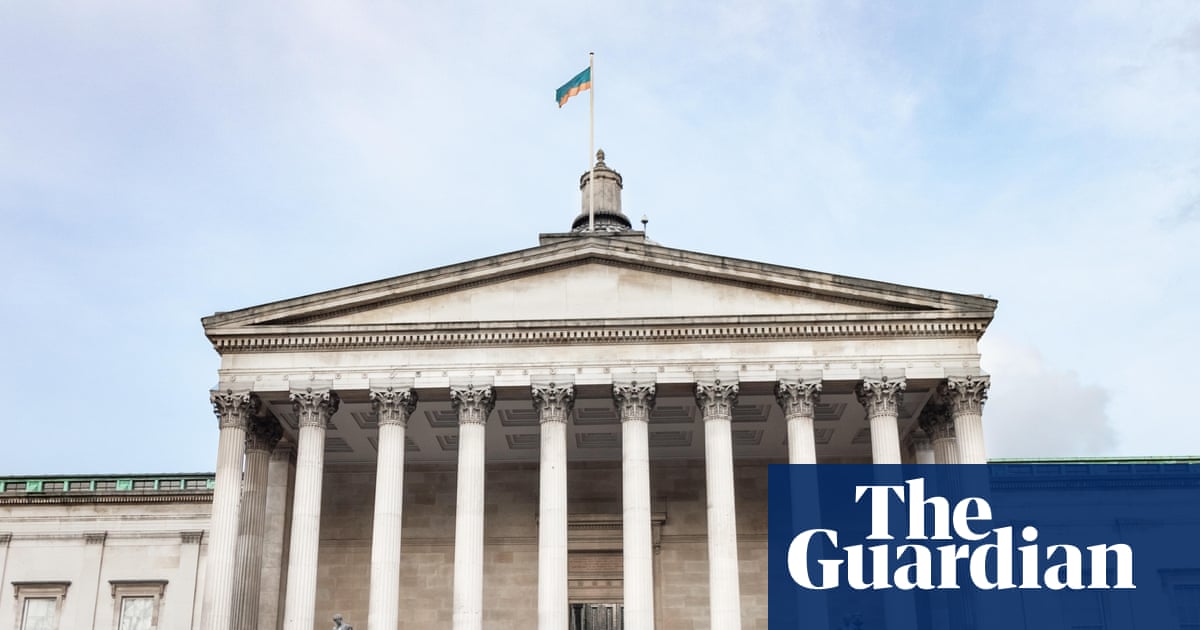Speaking at the Jubilee for Italian Diplomacy, Pope Leo repeats the appeal of Paul VI for an end to war, and calls on diplomats to be men and women of dialogue.
By Christopher Wells
Pope Leo XIV highlighted the virtue of hope as…

Speaking at the Jubilee for Italian Diplomacy, Pope Leo repeats the appeal of Paul VI for an end to war, and calls on diplomats to be men and women of dialogue.
By Christopher Wells
Pope Leo XIV highlighted the virtue of hope as…

First responders with the Providence Fire Department maneuver an empty stretcher near the Barus and Holley building at…

Ione WellsSouth America correspondent, Santiago
 Reuters
ReutersChile has elected the far-right wing José Antonio Kast to be its next president, after an election campaign that…

JERUSALEM (AP) — Hamas on Sunday confirmed the death of a top commander in Gaza, a day after Israel said it had killed Raed Saad in a strike outside Gaza City.
The Hamas statement described Saad as the commander of its…

On December 14, 2025 local time, Member of the Political Bureau of the CPC Central Committee and Foreign Minister Wang Yi co-hosted the fifth meeting of the Political Sub-committee of the China-Saudi Arabia High-level Joint Committee with Saudi…

Students from Ghana at UK universities say they are in danger of being deported after being stranded by their own government without promised scholarships or tuition fee payments.
The group representing more than 100 doctoral students has…